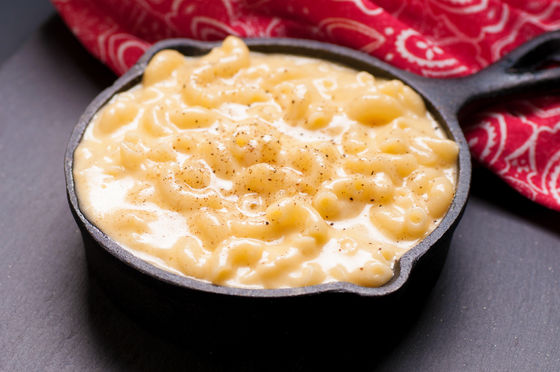An expert explains ``Why is dessert a different belly?'', Also teaches tips to prevent overeating and make meals healthy

There must be many people who have had the experience of enjoying a hearty menu at a restaurant, but as soon as they saw the dessert, they felt like they could eat more and ended up eating too much. The scientific news site Live Science explained the mechanism of eating too much sweets even though you are full and advice to prevent taking too many calories based on the stories of experts.
Why do we always have room for dessert?
According to Len Epstein, director of the behavioral medicine department at the State University of New York at Buffalo, the phenomenon of sweet desserts falling into separate stomachs is related to the variety of meals.
Regarding this, Mr. Epstein said, ``One of the reasons people stop eating is that they get tired of eating because they don't feel the stimulus from the taste of the food. It blows away easily,' he explains.

In order to investigate the actual state of sensory satiety, Mr. Epstein conducted an experiment in 2011 to examine the amount of food eaten by subjects who ate the same thing continuously. The research team divided the 32 women who participated in the experiment into two groups, one of which had macaroni and cheese for five consecutive days, and the other once a week for five weeks. The group who ate macaroni and cheese every day had less food.
A 2013 study also divided 31 children into three groups, one group eating the same macaroni and cheese for five days, and the second group eating a different brand of macaroni and cheese. and a third group were fed a variety of energy-dense foods such as nuggets and cheeseburgers. As a result, it was confirmed that the group who could eat various menus had the highest consumption.

Sweets are especially addictive, and eating sweets releases a brain substance called dopamine, which is related to feelings of reward and joy. Epstein believes that this habit of post-meal desserts is spurring the problem of reaching for sweet treats even though you're full.
Based on these findings, Epstein said, ``When people are presented with new food, they can continue to eat to the limit.This is one of the reasons why they eat more than they need.''
The desire for a diverse diet, which can lead to overeating, is said to have been cultivated in the course of evolution by human beings, who must obtain various essential nutrients such as vitamins and proteins from a variety of foods. It is

'The right mix of nutrients is essential, but with so many high-calorie foods in our modern world, there's a desire for variety,' said Barbara Rawls, director of the Pennsylvania State University Eating Behavior Research Institute. has backfired and is a contributing factor to latent obesity.'
According to Rawls, by taking advantage of sensory satiety, it is possible to take in nutrition while preventing additional junk food after eating. For example, keeping sweet, vitamin-rich foods such as fruits on hand can help you add variety to your diet and keep your diet healthy.
'Having a variety of low-calorie, nutritious, and easy-to-enjoy foods on hand can help you make healthy choices when you're hungry,' Rawls told Live Science. did.
Related Posts:







